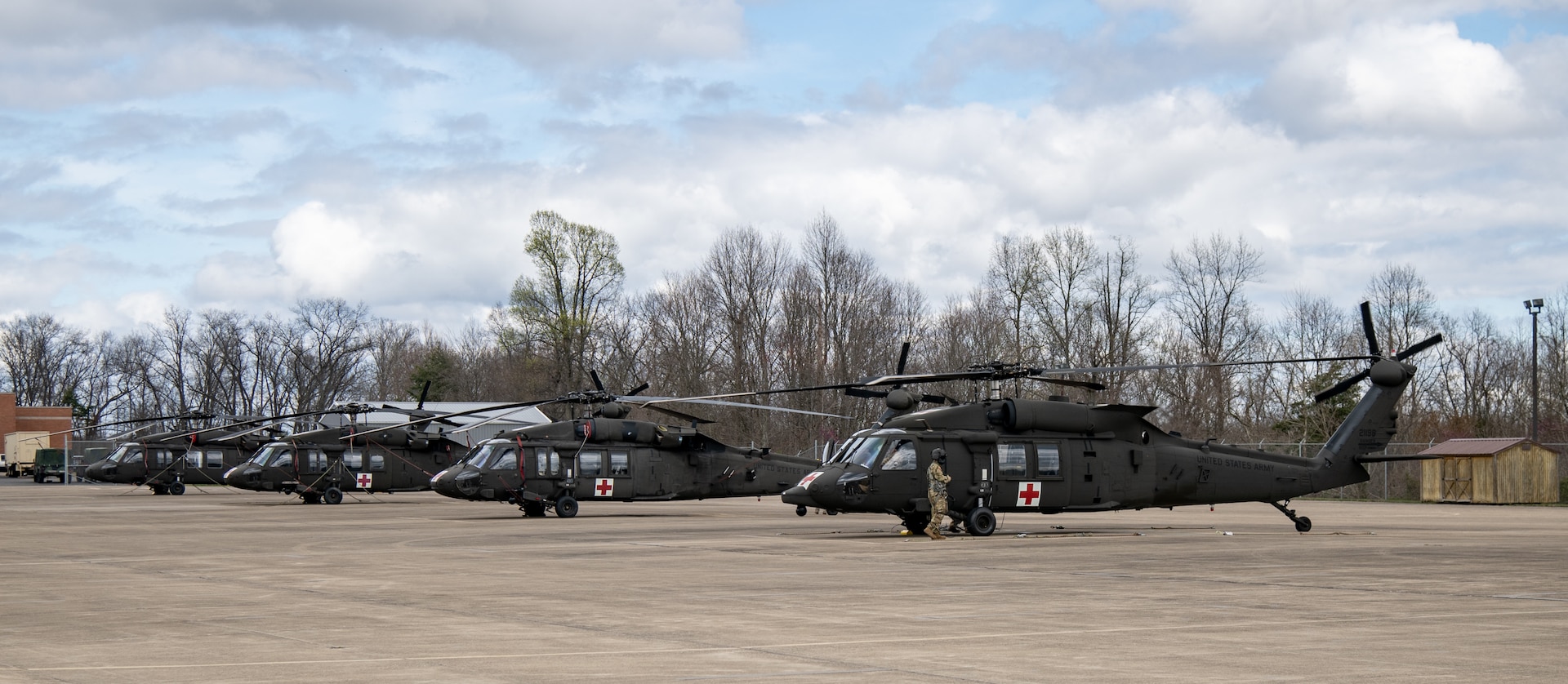UH 60 Technical Specs and Efficiency Testimonial
Wiki Article
The Effect of Sustainable Practices on the Future of Aircraft Workflow and Emissions Reduction
As the aeronautics industry encounters increasing scrutiny over its ecological effect, the fostering of lasting methods emerges as a crucial pathway towards future aircraft operations and exhausts reduction. Technologies in lasting air travel fuels and advancements in hybrid propulsion innovations stand at the center of this improvement, appealing considerable reductions in greenhouse gas emissions.
Introduction of Sustainable Practices
Lasting techniques in airplane procedures include a range of techniques targeted at lowering environmental effect while preserving functional performance. These methods are essential in the air travel industry's dedication to reducing its carbon impact and sticking to worldwide ecological criteria. Trick initiatives include optimizing flight paths to lower fuel intake, improving upkeep protocols to guarantee aircraft run at peak performance, and implementing advanced innovations such as winglets and light-weight materials that improve the rules of aerodynamics.
Educating and involving staff on sustainability techniques likewise play a vital function, fostering a society of environmental duty within companies. Overall, the integration of these sustainable techniques not only helps in reducing exhausts yet also enhances the long-lasting feasibility of the aviation field, ensuring it satisfies the needs of both customers and governing bodies while adding to global sustainability goals.
Innovative Fuel Alternatives
Various innovative gas choices are becoming critical remedies to reduce the aeronautics industry's dependence on traditional fossil fuels. Amongst these alternatives, Sustainable Aviation Fuels (SAFs) have gotten significant interest as a result of their possible to lower lifecycle greenhouse gas emissions by as much as 80% compared to standard jet fuels. SAFs are stemmed from various feedstocks, including waste oils, farming residues, and even algae, making them a flexible option for the industry.One more appealing alternative is hydrogen fuel, which, when made use of in fuel cells, produces only water vapor as a by-product. Furthermore, electrical propulsion systems are being explored, leveraging battery technology to power aircraft.
Lastly, biofuels acquired from biomass are being checked out, providing a sustainable option that can be blended with typical gas. Collectively, these innovative fuel choices represent a vital action towards achieving a lasting air travel environment, lining up with international exhausts reduction targets and boosting the sector's ecological stewardship.
Technological Innovations in Aviation

Exactly how can technical advancements reshape the future of aviation? Developments such as electrical and hybrid propulsion systems are at the forefront, appealing substantial decreases in fuel consumption and greenhouse gas discharges.
Additionally, the execution see this site of sophisticated products, such as lightweight composites, adds to improved aerodynamics and fuel performance. Using artificial knowledge and artificial intelligence in flight procedures optimizes path planning and minimizes fuel shed by allowing real-time adjustments based on weather and website traffic conditions. Furthermore, the advancement of self-governing and remotely piloted airplane systems stands to revolutionize cargo and passenger transport, potentially enhancing performance while minimizing human error.
Moreover, sustainable air travel modern technologies, including sophisticated air web traffic management systems, can reduce and streamline procedures blockage, causing reduced discharges during flight. These improvements collectively represent a paradigm change in air travel, guaranteeing a future where sustainability and operational efficiency are intertwined, therefore supporting the sector's dedication to lowering its ecological effect.

Governing Structure and Compliance
In light of the growing emphasis on ecological stewardship within the air travel industry, the governing framework governing aircraft procedures is progressing to advertise lasting methods. Regulatory bodies, such as the International Civil Aviation Company (ICAO) and various nationwide aeronautics authorities, are introducing rigid guidelines focused on minimizing exhausts and enhancing operational effectiveness.These regulations often include the fostering of Sustainable Aviation Fuel (SAF), which has actually been acknowledged as an essential part in attaining lower carbon footprints. Conformity with these laws requires airlines to execute advanced innovations and operational methods, such as maximized flight paths and boosted air website traffic management, to decrease gas consumption.
Additionally, the enforcement of discharges trading plans and carbon balancing out campaigns is coming to be increasingly common, compelling airline companies to monitor and report their emissions precisely. Non-compliance can lead to considerable charges, hence pushing operators to prioritize sustainability in their company designs.
Eventually, the developing governing landscape not just drives technology and financial investment in environment-friendly technologies yet likewise cultivates a society of liability within the aeronautics industry. As these frameworks remain to develop, the concentrate on sustainable techniques will certainly be indispensable to attaining the field's lasting environmental objectives.
Future Patterns in Airplane Procedures
As the air travel market adapts to a significantly stringent governing setting, future patterns in aircraft why not try here procedures are set to concentrate on cutting-edge options that even more enhance sustainability and efficiency - Full Report uh 60. Key growths will likely consist of the adoption of sophisticated air web traffic monitoring systems, which utilize real-time data and synthetic intelligence to enhance flight paths, minimizing gas intake and dischargesOne more significant fad is the boosted combination of sustainable aviation gas (SAFs) These options to traditional jet gas, stemmed from renewable resources, can substantially lower lifecycle greenhouse gas exhausts. The industry's commitment to SAFs will likely speed up as airlines work together with gas producers to ensure schedule and cost-effectiveness.
Furthermore, the press towards electrification and crossbreed propulsion systems is gaining energy. Arising airplane styles will certainly incorporate these technologies, supplying quieter and a lot more efficient operations, specifically for short-haul flights.
Verdict
In final thought, the integration of sustainable techniques in airplane operations holds considerable potential for discharges decrease and enhanced efficiency. The adoption of lasting aviation fuels, paired with advancements in hybrid and electric propulsion systems, is necessary for lessening lifecycle greenhouse gas exhausts. Additionally, maximizing trip paths and accepting ingenious technologies add to a quieter and a lot more eco-friendly aviation market. Jointly, these initiatives straighten with international sustainability objectives and lead the way for a greener future in air travel.
Advancements in lasting aeronautics fuels and innovations in hybrid propulsion innovations stand at the forefront of this makeover, promising considerable decreases in greenhouse gas discharges.Countless cutting-edge gas options are emerging as crucial options to lower the aeronautics market's reliance on typical fossil fuels - uh 60. Among these alternatives, Sustainable Aeronautics Fuels (SAFs) have actually gotten significant focus due to their possible to reduce lifecycle greenhouse gas emissions by up to 80% compared to traditional jet gas.An additional significant trend is the increased combination of sustainable aviation fuels (SAFs) The fostering of lasting aviation gas, paired with advancements in hybrid and electrical propulsion systems, is essential for lessening lifecycle greenhouse gas exhausts
Report this wiki page